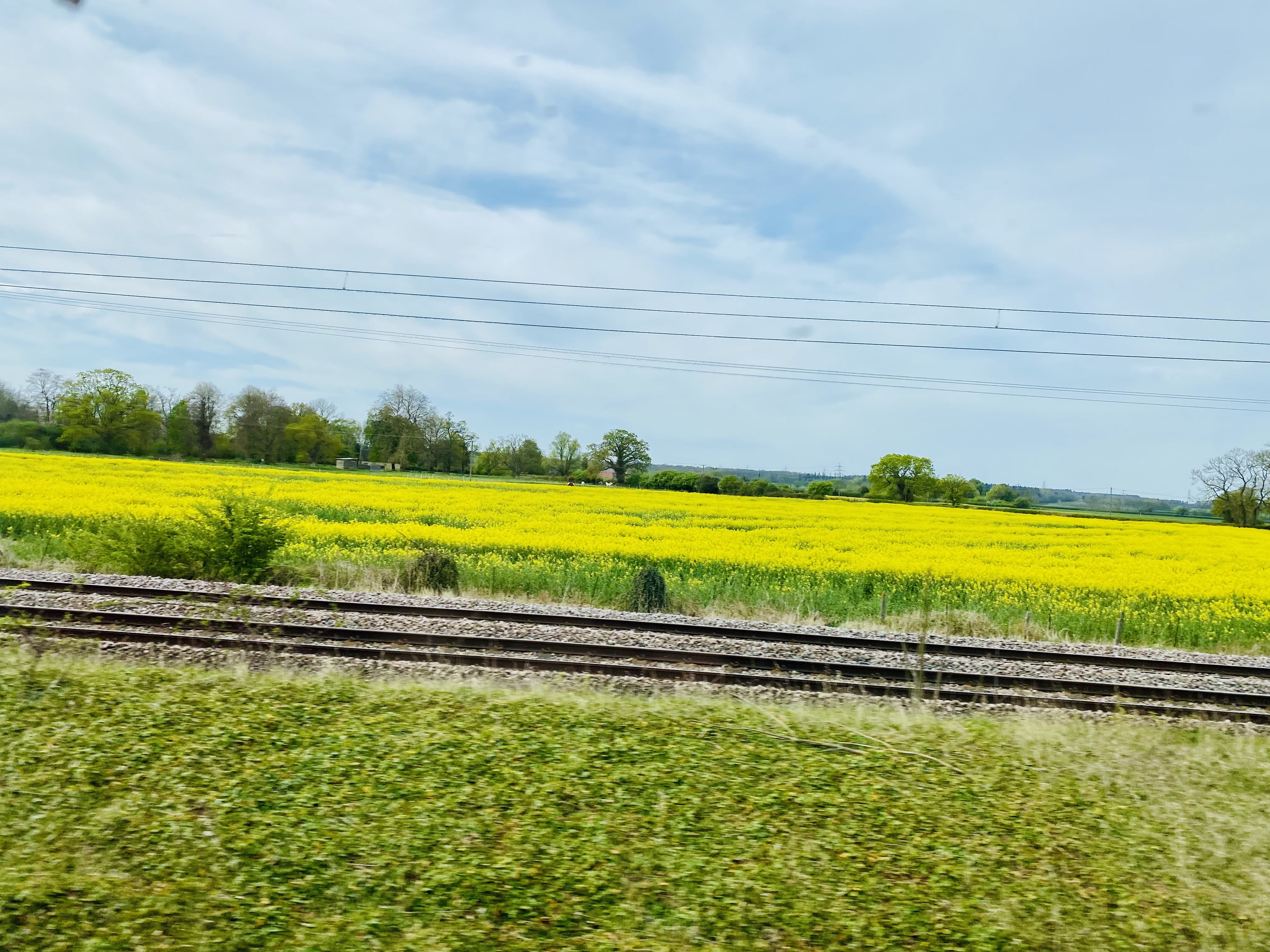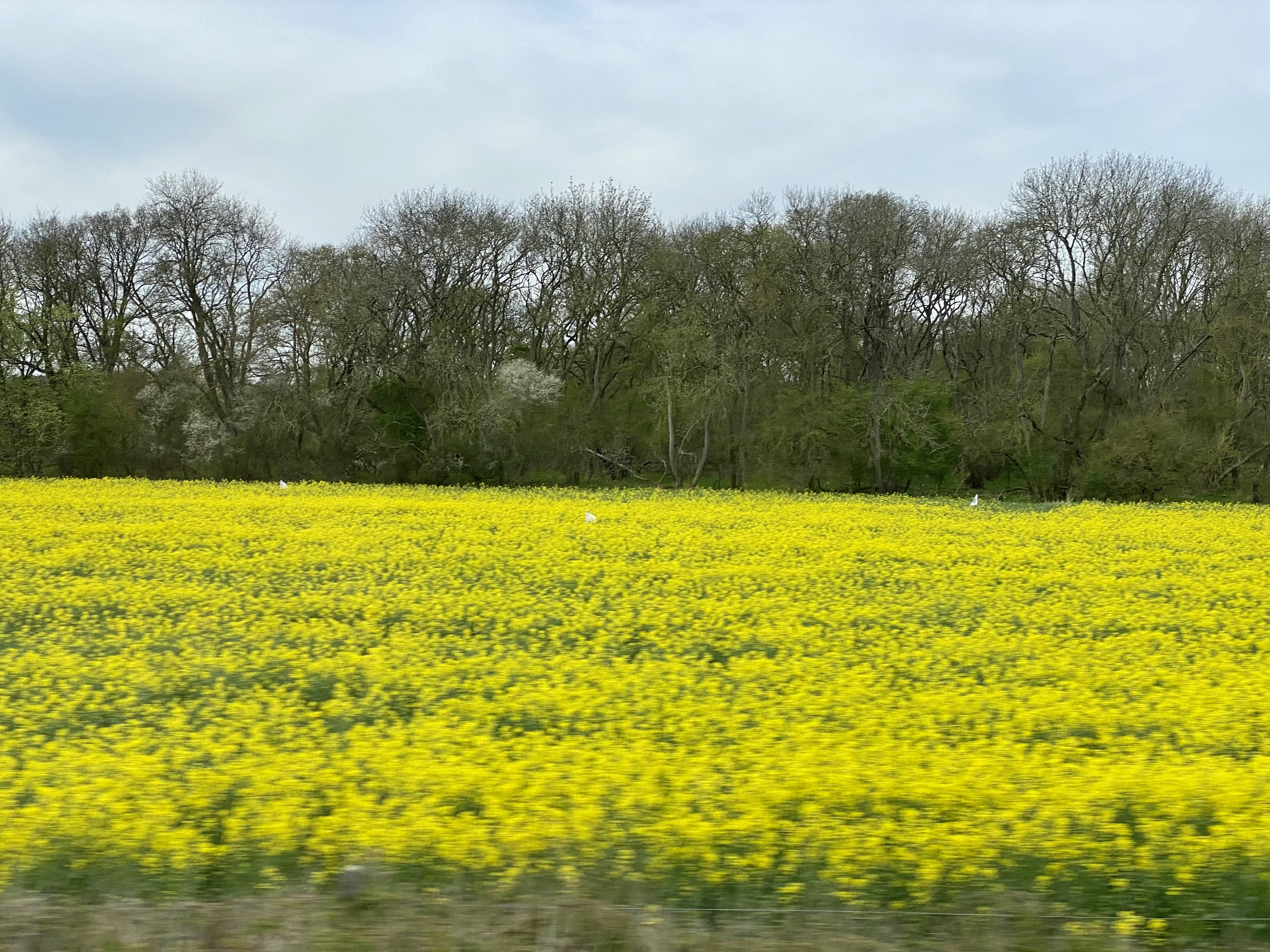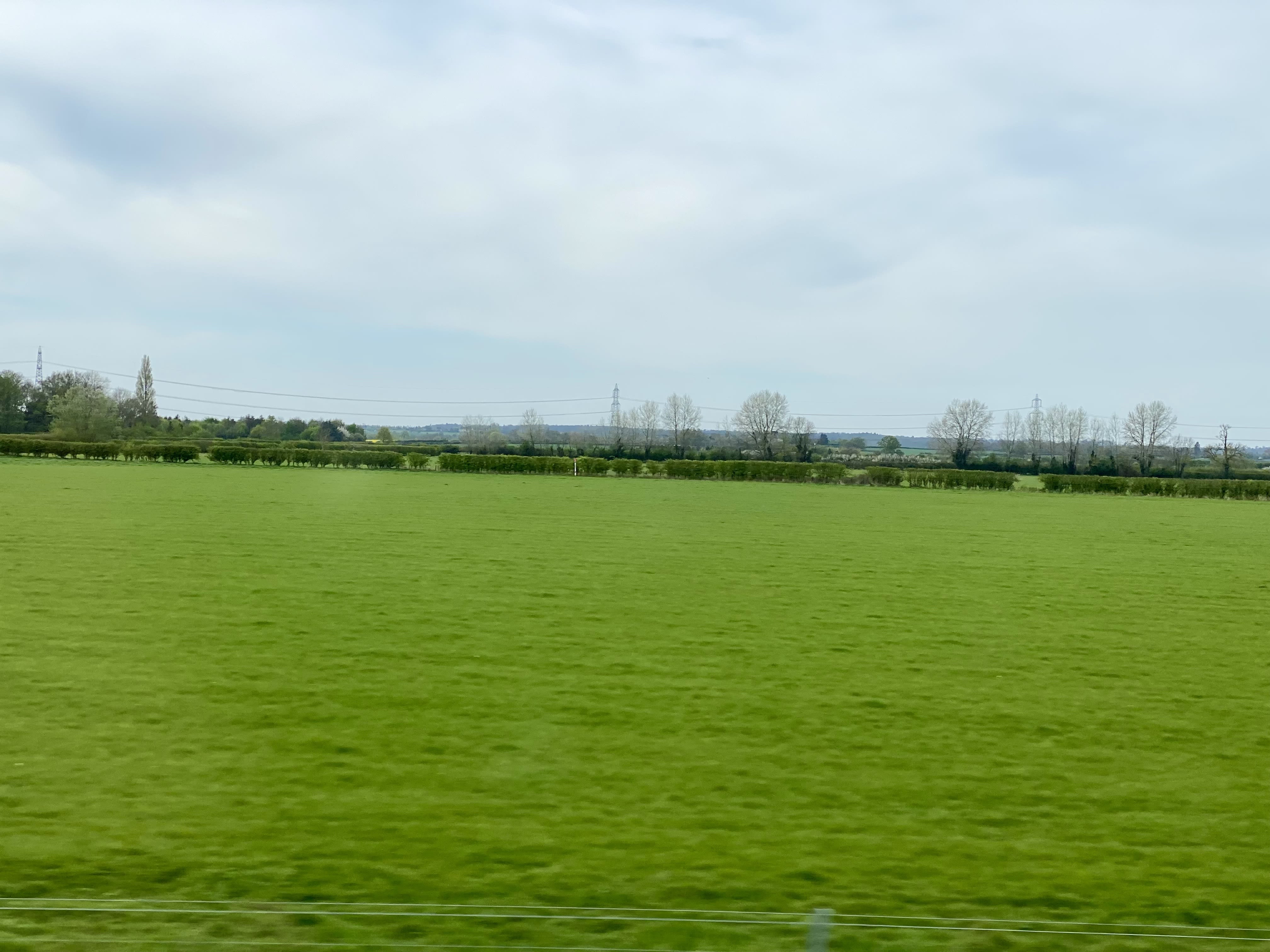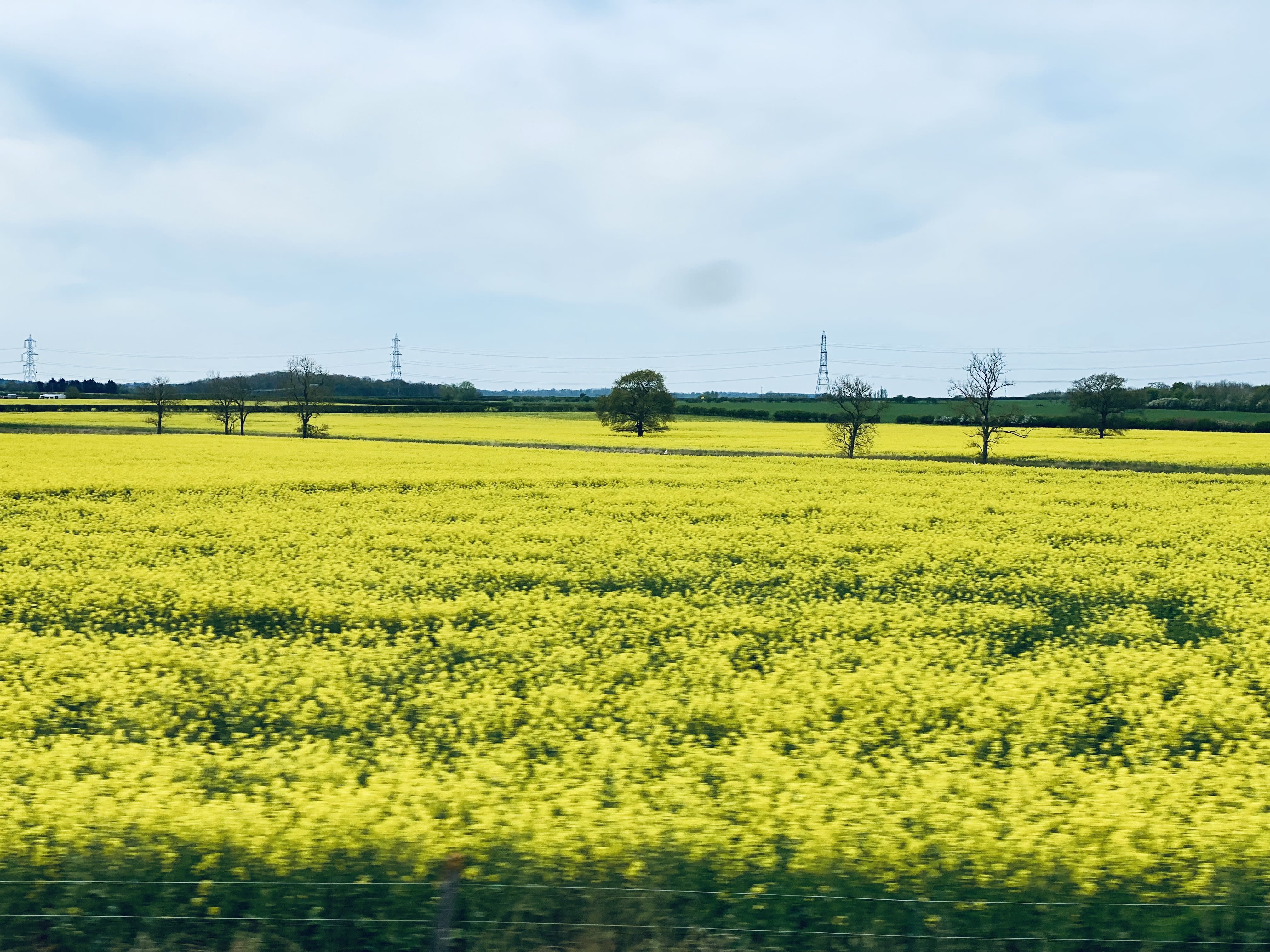Food on your platter: How much does it really cost?
Deforestation and soil degradation driven by agriculture raise climate concern

Supermarkets, such as ASDA or ALDI, are selling grapes in the UK all the year round, but the fruits may come at a cost of environmental destruction.
Half of all the food consumed by people here is imported from countries across the globe, whereas agricultural expansion is responsible for nearly 90% of deforestation worldwide.
The industries that are dominating the food supply are one of the biggest contributors to deforestation. For example, forests were cut down in the Cerrado savannah, Brazil at an increased rate of 61% in two years to 2020 for soybean plantations, as opposed to promises by multinationals, finds Harvest and Rainforest Foundation Norway.

Cultivation of a single crop over a vast swathe of land puts pressure on the usage of pesticides because the stake is high if a disease breaks out. On the other hand pesticides cause soil degradation, increasing the dependency on fertilizers.
Cultivation of a single crop over a vast swathe of land puts pressure on the usage of pesticides because the stake is high if a disease breaks out. On the other hand pesticides cause soil degradation, increasing the dependency on fertilizers.


Apart from deforestation, the use of inorganic fertilisers, chemicals and pesticides for maximum yields is increasingly damaging soil, water and air.
To stop these agricultural impacts on climate, food has to be produced locally and sustainably, said Stuart Worsley, countries programme director of Green Economy Coalition, a London-based global movement for green and fair economies.
“Agriculture has simply become an economic activity. And we have started to lose some of our natural assets. So, soil depletion has become a very, very serious issue.”
Over the last four decades, the UK has been heavily reliant on mechanized, industrial agriculture to intensify productivity with minimum labour. As a result, monoculture and the use of fertilizers and pesticides have taken roots in growing crops and vegetables, Worsley said.
“Soil has organic matters that slowly release nutrients [to plants]. Organic matters have been allowed to fall. And that didn’t seem to matter in the eyes of an economist because you could put nutrients back in through inorganic fertilisers.
“So, you didn’t need to worry about your soil as being the nutritional basis for your plants. All you worry is for the soil to hold the plant and you would supply the nutrients exotically. Over a long time, soil loses its condition to do even that.”
Farmers resist turning organic matters from previous year's crops like straw into the soil because they do not want to tolerate disease. The popular trend is burning them.
Multi-cropping can reduce loss from attacks of pests, without the use of pesticides. It can also ensure higher yields but at a much higher labour cost, Worsley said.
“Your productivity per acre goes down with intensification but it goes up in terms of return on investments,” he said, only when the loss of climate is not priced.
Leon Roskilly, a resident in Kent, has seen how nature can keep balance in his backyard garden.
Some parts of the world are coming forward with domestic solutions to fight back consequences of industrial farming.
Gitika Goswami, who works for a non-government organisation, Development Alternatives, shares her experience facilitating sustainable farming in 13 districts in Madhya Pradesh and Uttar Pradesh of India.
The areas endure the worst kind of impacts of climate change. Less frequent but intense rainfall leads to water shortage and washing away of top soil. Gitika and her team used water retention technologies and supported farmers as they shifted from export-oriented high-yield crops to domestic crops that can grow with limited inputs such as water and fertilizers.
Instead of one crop per year, they can now grow multiple crops and vegetables throughout the year. “In this, we are not focusing only on crops, we are focusing on entire land use and water system,” Gitika said.
The UK has to rely on locally-grown food items more than the ones that can cause deforestation, for example in Brazil, and farming practices must change keeping in mind impacts on climate.
Worldwide, more than half of the forest loss is due to conversion of forest areas into cropland, and livestock grazing is the cause for the remaining 40% loss, according to a survey by the FAO.
FAO Director-General QU Dongyu in the 26th UN Climate Change Conference of the Parties said that feeding a growing population and halting deforestation “are not mutually exclusive objectives.”
The Intergovernmental Panel on Climate Change has recently called for immediate actions to limit the global temperature increase to 1.5 degrees Celsius above pre-industrial levels.
Growing back forests and preserving soil, as it says, are among the much-needed changes. All sectors of the global economy, including food, must take dramatic and rapid actions to reverse the tide of climate change by 2030, the IPCC adds.
The Department for Environment, Food and Rural Affairs, UK launched a "Path to Sustainable Farming" in 2020 laying out actions to shift to sustainable farming.
Pete Smith, a professor of soils and global change at Aberdeen University, told The Guardian, “We have one decade to get on track.”
